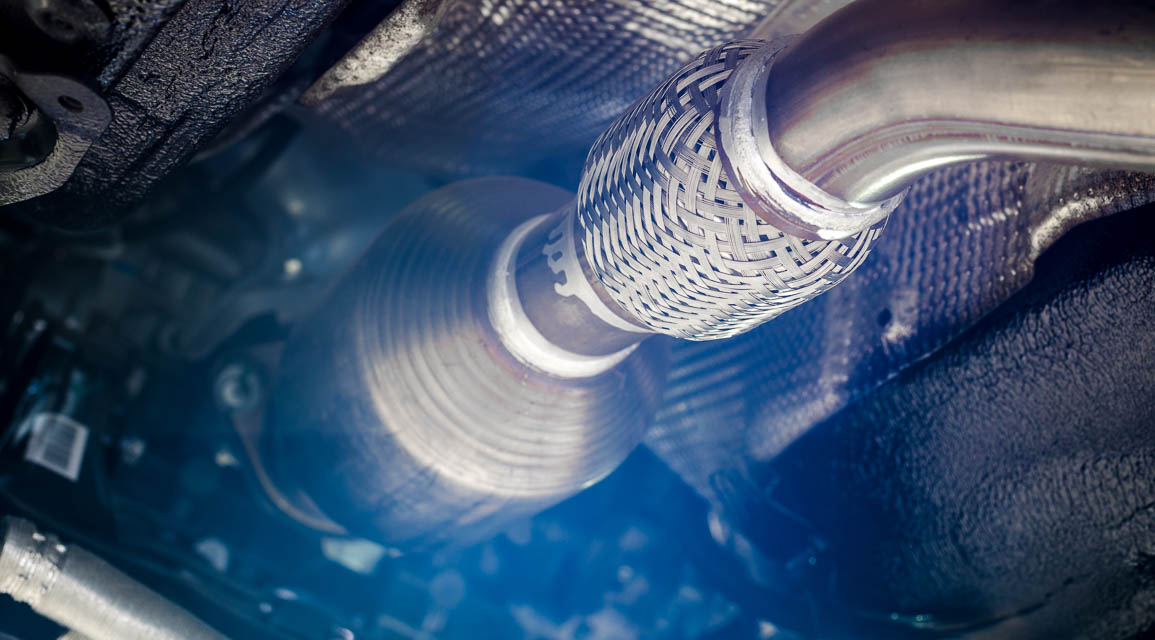
If you’re the owner of a diesel truck, then you know how important it is to keep your vehicle running smoothly. One of the best ways to do that is by installing an aftermarket DPF filter. In this article, we will discuss what an aftermarket diesel particulate filter is and how it helps keep your truck running smoothly. We will also provide tips on how to get the best aftermarket diesel filter for your vehicle.
What is an Aftermarket Diesel Filter?
An aftermarket diesel filter is a replacement for the original equipment manufacturer (OEM) filter that comes with your vehicle. Diesel filters are designed to remove impurities from the fuel exhaust, such as dirt, dust, and other contaminants. Aftermarket diesel filters typically offer superior filtration than OEM filters, which means they can help keep your engine running smoother and more efficiently for longer.
How Important Are Aftermarket Diesel Filters For Trucks?
Diesel filters are important for trucks because they help keep the engine exhaust clean. They work by trapping dirt and other contaminants in the fuel before they can leave the exhaust. This helps to prevent damage to the environment and keeps the engine running clean. Diesel Particulate filters are made of a variety of materials and come in a variety of shapes and sizes to fit almost any truck. There are even some aftermarket diesel particulate filters (DPF) that are designed to improve fuel economy.
When shopping for a DPF filter, it is important to consider the type of truck you have and the type of driving you do. Some filters are better suited for heavy-duty trucks that do a lot of stop-and-go driving, while others work best for trucks that haul heavy loads or travel long distances.
You should also consider the climate in which you live and drive. If you live in an area with a lot of dust or other airborne particles, you may want to choose a filter with a higher rating to keep your engine clean.
How Often Should I Change My Aftermarket DPF?
Most experts recommend changing your DPF filter every 12,000 miles or so. However, this can vary depending on the type of filter you have and the type of driving you to do. If you do a lot of stop-and-go driving or haul heavy loads, you may need to change your filter more often. You should also check your owner’s manual for specific recommendations.
How Do I Change My DPF Filter?
Changing a DPF filter is a relatively easy task that most truck owners can do themselves. However, if you are not comfortable doing it yourself, there are many reputable shops that specialize in changing filters. To change your filter, simply remove the old one and install the new one following the directions in your owner’s manual. Be sure to dispose of the old filter properly so it does not contaminate the environment. After changing your filter, it is important to check your truck’s engine oil level and add more if necessary. You should also check for any leaks around the filter to ensure it is properly installed.
What Are the Benefits of Changing My DPF Filter?
Changing your diesel particulate filter on a regular basis has several benefits. First, it helps keep your engine exhaust running clean and smooth. Second, it is often illegal to drive a diesel vehicle without a DPF filter, so stay on the right side of the law.
Finally, changing your filter is a relatively easy and inexpensive task that anyone can do.
Whether you change your own filter or take it to a shop, be sure to follow the manufacturer’s recommendations to keep your engine running its best.
Do you have any questions about this article? Click here to contact us today.

Leave a Reply